Anthony Albanese’s new year breaking bad as he has nothing to say
Anthony Albanese’s big Christmas break in which he was meant to recuperate physically, and revive and reset politically, was cut short and he returned early with nothing to say.
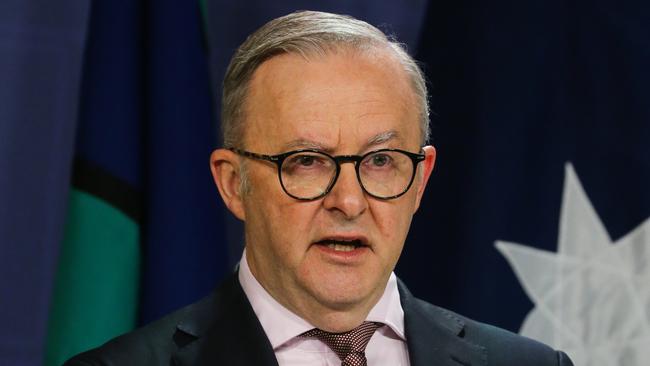
Having ended 2023 by giving more press conferences while overseas than in Australia since the failure of the voice referendum in October, Albanese held his first full press conference of 2024 this week barely three days into the new year.
While the press conference was more ordered and coherent than the last one in Sydney without a world leader by his side, the same problem from 2023 persisted – the Prime Minister had nothing to say.
The danger of calling press conferences or giving public interviews when you have nothing to say is that mistakes are made and leaders run the risk of looking desperate, disoriented and disorganised. Certainly there was nothing new or significant to say about the cost-of-living pressures except for a vague promise that he had asked the departments of Treasury and Finance to look for ways of easing the cost-of-living pressures without pushing up inflation. This is the same thing he said on December 9 before the mid-year economic and fiscal outlook.
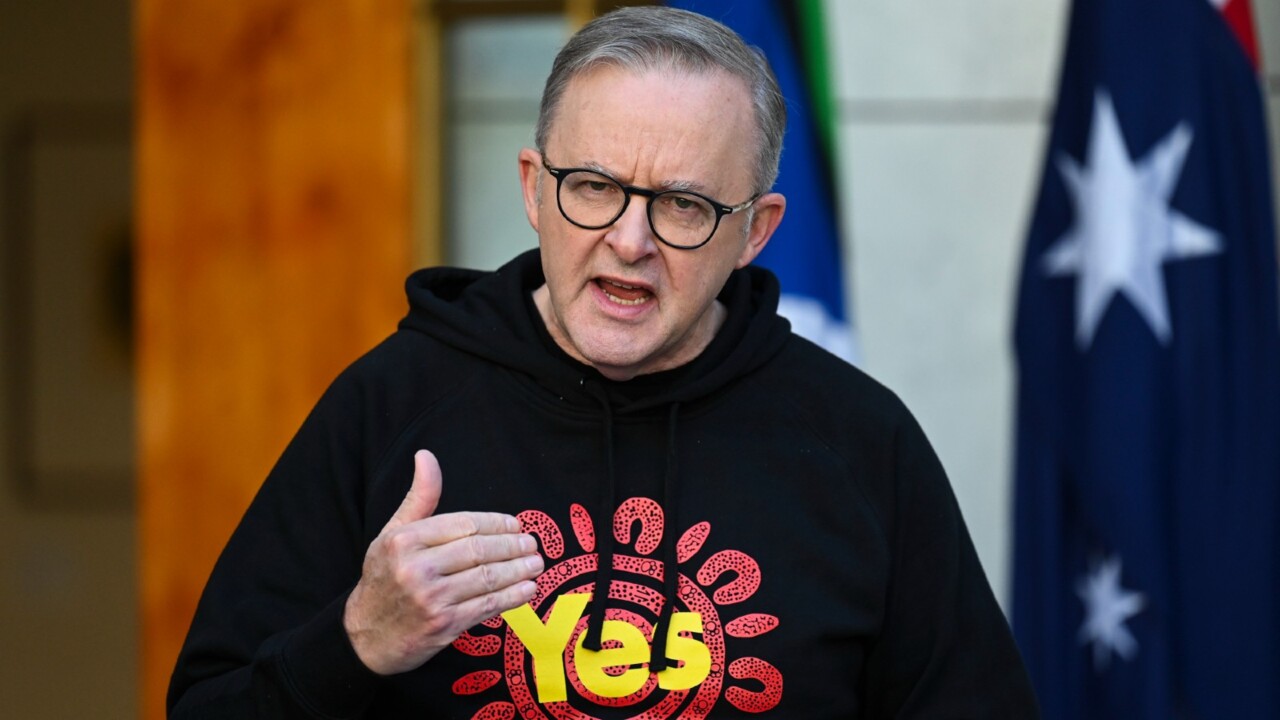
“Our priority will be to provide cost-of-living relief while taking pressure off inflation. I have asked Treasury and Finance to come up with further propositions that we’ll consider in the lead-up to the May budget this year, following the MYEFO that we released in December,” Albanese said.
“We asked them to give consideration to what are the measures that can take pressure off families on cost of living without putting pressure on inflation. That’s the key issue here. If you were just to distribute additional cash to people, you potentially make inflation worse, and therefore don’t help to solve the problem – that is the objective.”
There was the same list of policy achievements aimed at cutting cost pressures on families such as fee-free TAFE, the home guarantee scheme, urgent medical care centres, energy price relief and cutting prescription costs. There was also the prospect of better trade with China to deliver more Australian jobs.
But apart from the announcement of a 2024 royal visit from the King, this was where the Labor government was before Christmas and suffering a loss of public support in the polls among key states and demographics just as Albanese’s personal support was also falling. The post-Christmas period was expected to be a time for Labor to grasp the initiative, to put the government and the Prime Minister on the front foot and, most important, to put a series of negatives into the political bin of 2023.
Instead, Albanese is offering the same undefined promises on helping households and families and has actually made even worse some of the negative issues, such as what to do about the Indigenous voice to parliament, treaty and truth-telling, rising anti-Semitism, helping the US and allies in the Middle East, and maintaining support for Ukraine.
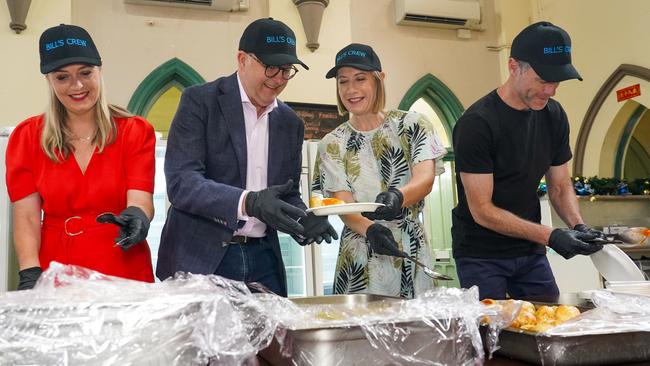
In what looked an unnecessary determination to show he was working on Christmas Day, instead of letting others note that he was helping the poor, Albanese gave an interview that turned into a deeper disaster after the crushing defeat of the voice referendum because he washed his hands of responsibility for the loss.
After making the voice referendum his top priority on election night in May 2022, Albanese said on Christmas Day “no, no, no”, it wasn’t a loss for him, and of course he was roundly ridiculed and has since attracted criticism from Indigenous supporters. The failure of Albanese and Indigenous Australians Minister Linda Burney was once again highlighted rather than put aside.
During the same period of supposed reset for Labor, the two other ministers most under critical scrutiny, Immigration Minister Andrew Giles and Home Affairs Minister Clare O’Neil, have been exposed further to public pressure over the record numbers of immigrants to Australia and even more arrests of serious criminals who had been freed from immigration detention.
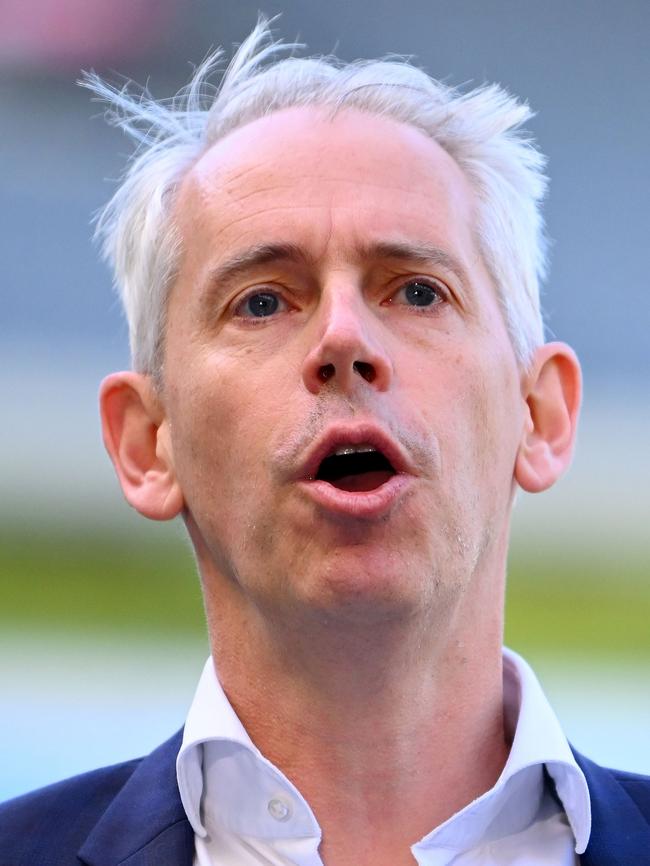
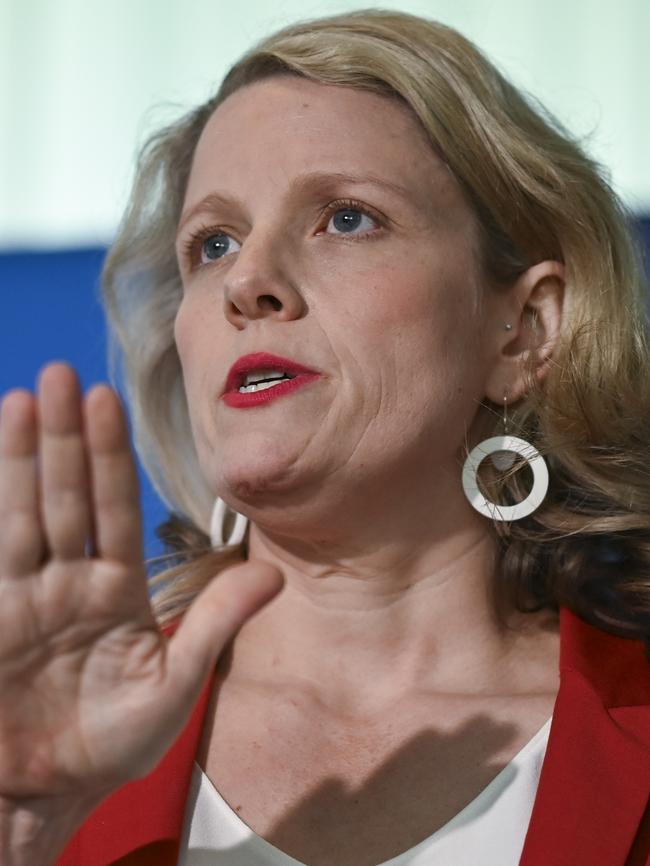
There is no sign that Burney, Giles or O’Neil will be moved from their responsibilities after palpable failures and the expectation of a revitalising cabinet shuffle.
Terrorist attacks on shipping in the Red Sea, putting US and allied warships at risk, continue to make the daily point that Australia did not send a naval ship in support as the Albanese government considers more requests for support from Ukraine. This week, Albanese said the Ukrainian request for Australian coal to help electricity generation in the besieged nation was for “next winter” and the government was looking at it.
Of course, domestic electricity generation and pricing is of much greater concern to the Australian people and, again, the prospect of higher electricity prices is greater than it was before Christmas with energy retailers seeking higher default prices to be paid by households because of the interplay of renewable energy and variable supply.
While Albanese praised the government’s measures to help those on welfare to meet soaring energy bills, his position this week was no different than it was before Christmas – targeted assistance for those on low incomes and a continued push for more renewables.
“We are looking at further measures in ways that the transition to a clean energy future can lead to additional jobs being created here as well. Through value adding, moving up the supply chain, making sure that we do make more things here, which is about Australian jobs here,” he said.
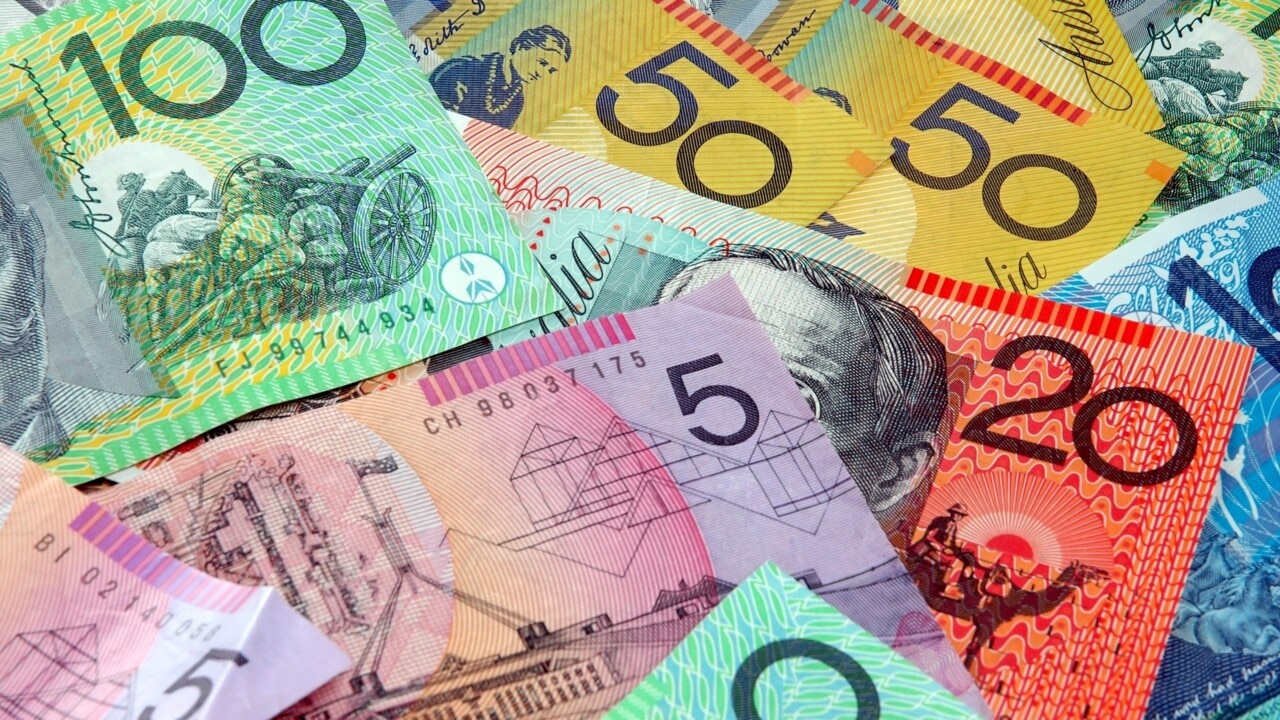
But the price of energy – including petrol – and interest rate costs for mortgage-holders and renters are still the major problems facing Australians. It is right to help those on the lowest incomes and it can be done without pushing up inflation, but the same problem before Christmas still confronts Albanese – middle Australia, demographically and economically, is expecting relief and the barriers about where middle Australia begins and ends is being blurred.
It is this middle Australia that spent big on celebrating Christmas but is now looking towards a new year with the prospect of tighter belts, expectations of government relief and a growing impatience with a lack of positive initiatives from Labor.
All of this makes Albanese’s traditional Australia Day speech on January 26 – what has become an opportunity for the prime minister to set out a new agenda and priorities – even more important if his Christmas break continues to break bad.
Indeed, given the failure of the voice referendum and lingering resentment, the prospect of Albanese giving an Australia Day speech that is not overshadowed and hijacked is less likely than usual and may be another lost opportunity as the government moves to within a year of an election being called.
Albanese was adamant this week, as he has been all along, that the election will not be held until May 2025, and a limp entry into 2024 without a major change of direction and life within the government makes that only more certain.




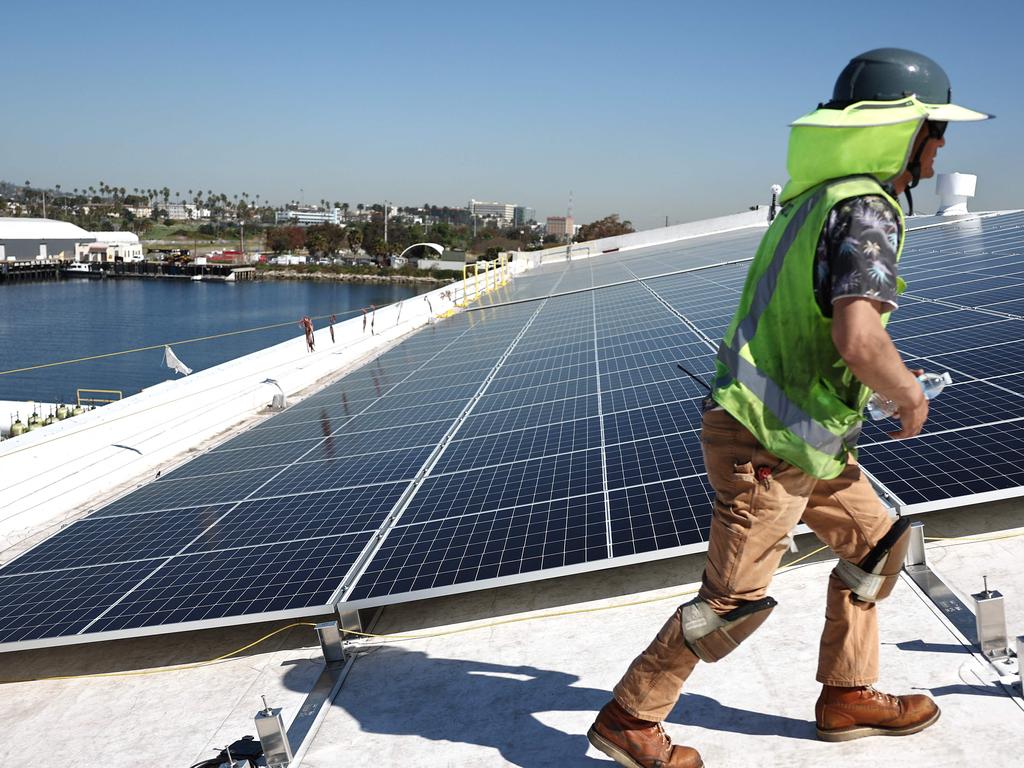



Anthony Albanese’s big Christmas break in which he was meant to recuperate physically and revive and reset politically is, so far, breaking bad. Rather than take a legitimate longer break and rest, the Prime Minister took barely a week off last month, vowed to work over Christmas and the New Year’s period, and has tried too hard to fight the toxic impression of too much overseas travel and demonstrate he’s concentrating on domestic issues and the cost-of-living pressures on middle Australia.